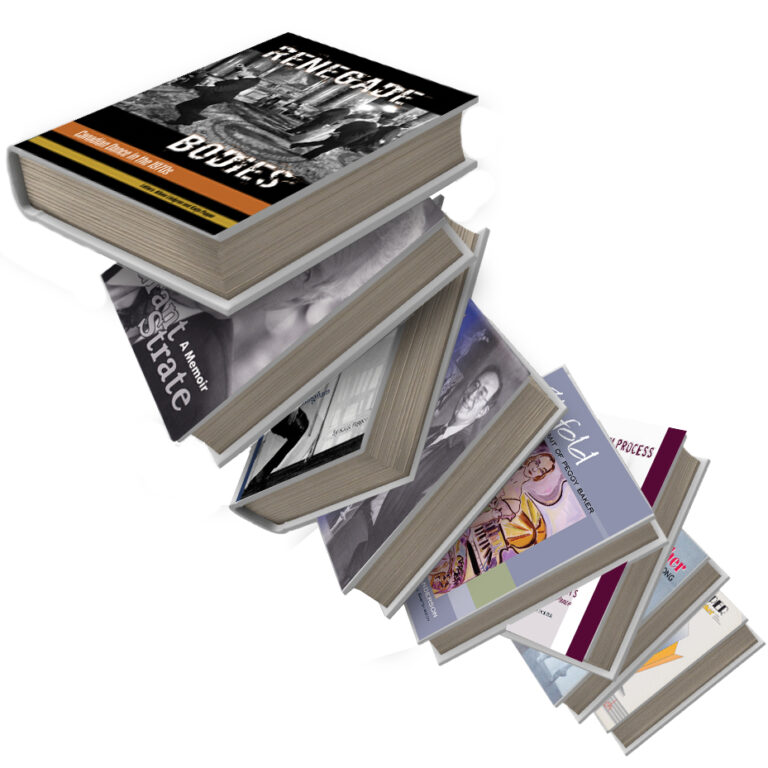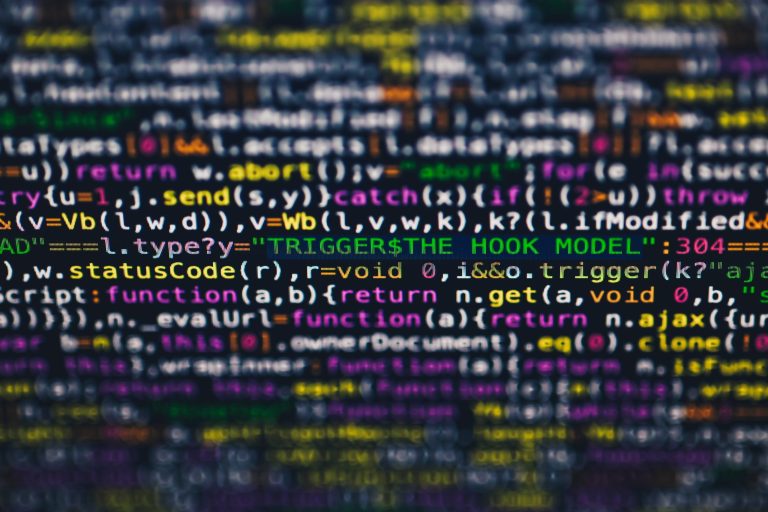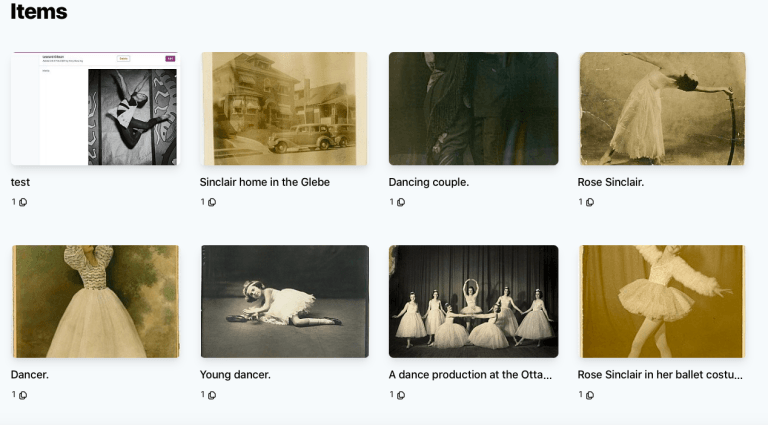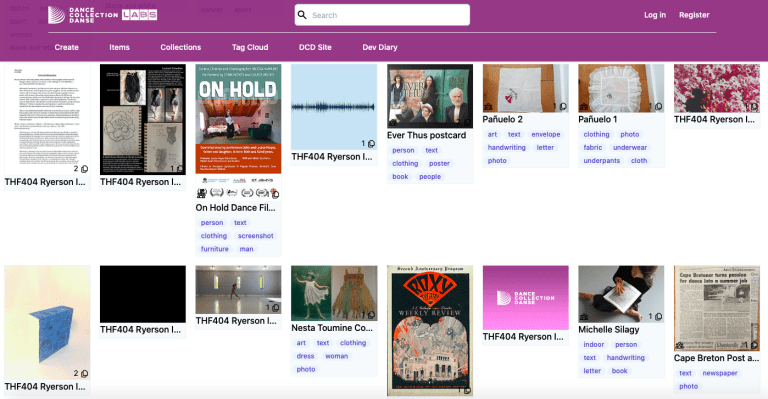DCD Lab – Gatekeeping
On the 13th of August 2020 we had the pleasure of a DCD Lab on Gatekeeping. It was great to see you. What a wide variety of experience you represented! Those attending included curators, DCD board members, administrators, volunteers, performers, producers, technologists, directors and archivists.
The definition of Gatekeeping is “the controlling of access to information”, but each person has their own definition of gatekeeping. For each of us gatekeeping comes in many forms and manifests itself differently. We explored these points by asking “What does gatekeeping look like to you?”. The answers included:
- No funding to produce a catalogue of the archive. The result is that the archive is immediately closed to people. The gates are locked.
- Limited access to the archive material
- Difficulty to get into the archive – both a physical and digital archives
- Hard to make an appointment
- Difficulty in searching a catalogue
- Incomplete catalogues
- Contradictory tagging
- Who decides which collections are curated?
And, more fundamentally:
- How do you decide what to include in the archive?
- Who decides what goes into the archive?
The consensus was that we should be gathering as much information as possible, and let the users curate. We should let others decide what’s useful to their research. We should not make value judgments. What is deemed important now may not be so in 20, 100, 200 years time. Everything goes in.
In a practical sense, how do you accept that volume? Concerns were raised that an ‘open door’ policy could lead to a tidal wave of new items. How do you then allow them to be accessible? They have to be catalogued. How do you move forward having made the decision to gather as much information as possible?
The point was raised that this is where automated processes, such as those embedded into DCD Discover, can help, e.g. image recognition and automatic tagging. DCD Discover will also allow people to upload their own material and catalogue it. DCD Discover
An example of good practice from the wider archival world was shared. There are community projects working to gather archival material before it is lost, this material is not accessioned into the archive but rather it is digitised, uploaded and the original material is then returned to the community. RAF Stories
From here our discussion flowed into concerns regarding open source software problems. We considered:
- Version control
and
- Moderation
It was felt that DCD Discover would need to be moderated in future iterations to prevent offensive material being added. The counter argument to this is that people need to be allowed a voice. We should be “Opening up the archive to anyone and also allowing new voices in”. To overcome these fears over material, it was suggested that there should be transparency in the guidance of how people engage with the archive.
Ending on a high, and positive note, we shared our ideas about what DCD, and especially DCD Discover can do to be ‘gate-openers’:
- DCD Discover should include an introduction
- Clear instructions on how to use the site
- Use colour
- Include visual and audio
- Audio should be accompanied by a transcript, to allow users to read and listen at the same time
- Full image of item, catalogue and didactic text
- Visual appeal
- Include ‘Contact Us’. It’s important to be able to contact the archive if you can’t find what you are looking for or are having any difficulties
- Make people feel welcome and comfortable. “Archives can be scary.” We should remove the potential for intimidation and avoid creating the stereotypical image of an archive. “It’s fun finding cool stuff.”
Want to share your ideas of how DCD can be a gate-opener? Contact lorraine@dgen.net





